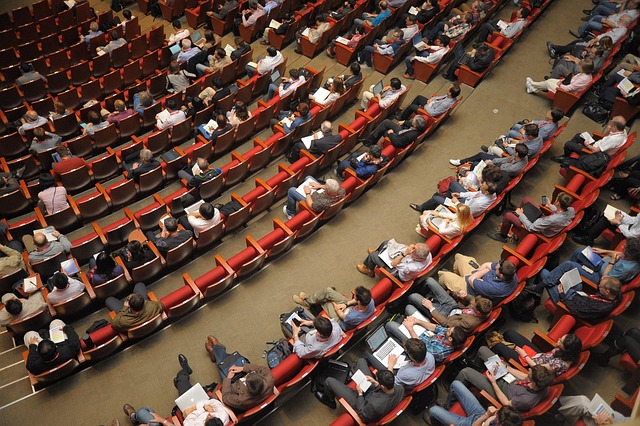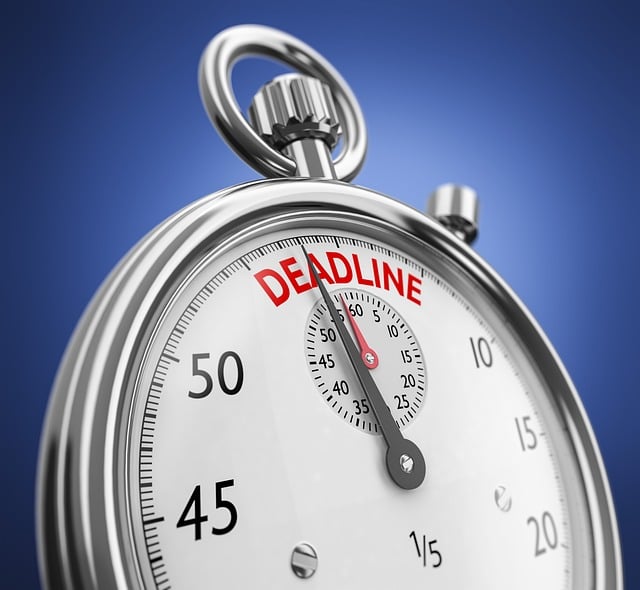Event planning for local businesses thrives on community understanding. By researching demographics, identifying cultural trends, and engaging influencers, planners create tailored events that resonate with attendees. This approach fosters engagement, brand loyalty, and mutual growth, leaving a positive impact on both the business and the community. Segmenting audiences based on age, interests, and culture ensures events cater to specific groups, aligning themes and promotions for successful connections and enhanced local identity.
Local events are a powerful tool for businesses to connect with their community, build brand loyalty, and foster growth. Expertly coordinated, these gatherings can leave a lasting impression and drive significant results. This guide breaks down the art of successful event planning, from understanding your local audience to mastering logistics. By following these strategies, local businesses can create captivating experiences that resonate with attendees and contribute to their bottom line.
- Understanding Your Local Community: Key to Successful Event Planning
- – Identifying target audience and their interests
- – Researching local demographics and cultural events
Understanding Your Local Community: Key to Successful Event Planning

Understanding your local community is a fundamental aspect of successful event planning, especially for businesses looking to engage and grow within their area. Local events offer a unique opportunity to connect with residents, fostering a sense of belonging and community spirit. By embracing this, event planners can create meaningful experiences that resonate with attendees.
Event planning for local businesses should start by researching and engaging with the community. This involves understanding demographic data, identifying cultural hotspots, and recognizing local influencers or leaders who can help drive attendance. Tailoring events to meet the needs and interests of the specific area ensures higher participation rates and leaves a lasting positive impact on both the business and the community.
– Identifying target audience and their interests

When planning local events for businesses, understanding the target audience is key to success. Event planners should conduct thorough research to identify demographics, preferences, and interests of potential attendees. This involves analyzing local market trends, studying past event data, and engaging in community surveys or focus groups. By pinpointing specific age groups, hobbies, cultural backgrounds, or professional interests, organizers can tailor their events to resonate with the desired crowd. For instance, a local tech startup might target young professionals interested in networking and innovation, while a historic museum could appeal to families seeking educational activities on weekends.
Event Planning for Local Businesses requires a deep understanding of community dynamics. By aligning event themes, formats, and promotions with audience interests, planners can create memorable experiences that drive engagement and brand loyalty. This strategic approach ensures that local events not only attract the desired attendees but also foster meaningful connections between businesses and their target market, ultimately contributing to the growth and success of both the organizers and the community at large.
– Researching local demographics and cultural events

Understanding the local landscape is a cornerstone in event planning for local businesses. Researching demographics provides valuable insights into the community’s unique needs and preferences, ensuring events resonate with attendees. By delving into data on age groups, cultural backgrounds, and economic factors, organizers can tailor activities that appeal to the specific audience. This targeted approach fosters engagement and strengthens connections between businesses and their communities.
Furthermore, integrating knowledge of local cultural events is essential for creating memorable experiences. These events often reflect the region’s identity and traditions, offering opportunities for collaboration and synergy. By aligning with festivals, heritage celebrations, or community gatherings, businesses can enhance visibility and foster a sense of belonging. Such strategic partnerships not only promote the event but also contribute to the overall vibrancy of the local scene, making it a winning situation for everyone involved in event planning for local businesses.
Event planning that truly resonates requires a deep understanding of one’s local community. By identifying specific target audiences, researching demographic trends, and integrating cultural insights, event organizers can create experiences that cater to diverse interests. This tailored approach not only fosters engagement but also strengthens the connection between local businesses and their customers, making it a win-win situation for everyone involved in Event Planning for Local Businesses.














